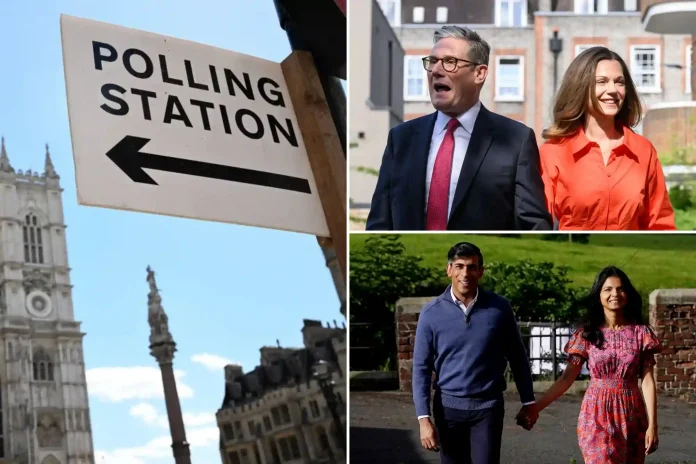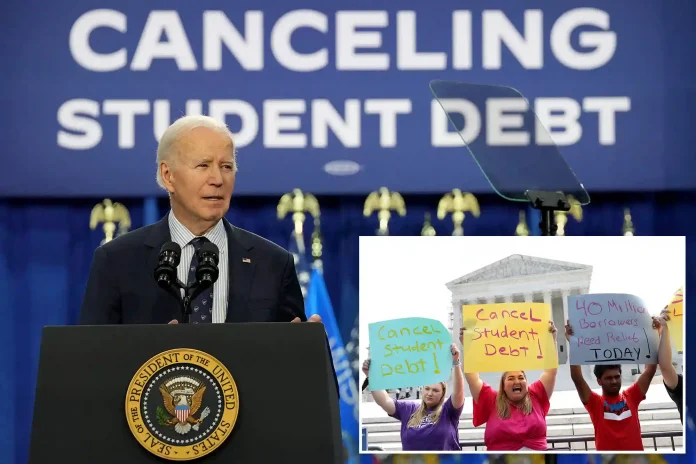WASHINGTON – The Pentagon will send Ukraine a $2.3 billion military aid package ahead of next week’s US-hosted NATO summit, Defense Secretary Lloyd Austin said Tuesday – after increasing security measures for American troops in Europe.
The package, which will come from the $60 billion supplemental military aid bill that Congress passed in April, is expected to include “more air defense inceptors, anti-tank weapons and other critical munitions from US inventories,” Austin said.
Some funding will also be used to order additional Patriot surface-to-air missile systems and National Advanced Surface-to-Air Missile Systems critical to defending Ukraine’s airspace from Russia’s onslaught, he said.
“It will also enable the United States to procure more Patriot and NASAMS air defense interceptors, which will be provided on an accelerated timeline by the re-sequencing of deliveries for some foreign military sales,” Austin said.

Ukrainian President Volodymyr Zelensky has sought the weapons systems since the war’s first months.
He said in February that his country needed more Patriots to effectively keep his people safe from Moscow’s frequent strikes on civilian targets such as apartment buildings, hospitals and schools.
Austin made Tuesday’s announcement standing alongside Ukrainian Defense Minister Rustem Umerov at the Pentagon, where the two met to discuss “Ukraine’s immediate security needs and to build a future force to ward off more Russian aggression,” the US defense secretary said.

“Ukraine is in a tough fight and has been ever since the start of Putin’s reckless war of choice,” Austin said. “The Kremlin continues to intensify its bombardment of your cities and civilians.
“But I continue to be impressed by the skill of [Ukraine’s] forces and your troops continue to fend off Russia’s attacks with grit, ingenuity and courage.”
The Austin-Umerov meeting happened exactly a week before the 2024 NATO Summit kicks off in Washington, DC, on July 9.
The session is expected to feature heavy discussion on Ukraine’s fight against Russia, as well as some talk of Kyiv’s future possible inclusion into the security alliance, which celebrated its 75th anniversary in April.

“As we look ahead to the NATO summit next week, Rustem, we’ll take steps to build a bridge to NATO membership for Ukraine,” Austin told the Ukrainian defense minister. “Just weeks ago, President Zelensky and President Biden signed a crucial 10-year bilateral security agreement. That reflects our strong and enduring support for Ukraine.”
Umerov said Ukraine is hopeful that it will “receive its invitation” to the alliance “soon.
“With [your] support, we have stopped Russia, stopped the aggression towards people, towards our values, national interests,” he said. “And we look forward to discussing with you how we could continue our partnership and be, in the future, a member of NATO.”

The announcement and meeting came a day after US European Command raised the security threat level for its bases from “Bravo” to “Charlie” – the second-highest rung on the military’s alert system and “indicating some form of terrorist action or targeting against personnel or facilities is likely,” according to the Army.
Pentagon deputy spokeswoman Sabrina Singh on Monday said the decision was made because of “a combination of factors” but declined to give further details.
“US European Command is taking steps to increase vigilance for our service members, their families and our facilities,” she said. “This was done out of an abundance of caution. I won’t get into more specifics.”

In addition to Russia’s raging war on Ukraine, there are a number of high-profile events happening on the continent, including the 2024 European football championship and the upcoming Olympics in Paris that could have factored into the decision.
Former NATO Supreme Allied Commander and retired Navy Adm. James Stavridis on Tuesday said the increased threat level was a significant move, adding that “all of my signals are blinking red in terms of the potential for a terrorist attack against American interests in the US or abroad in the next few months.59
“I commanded dozens of major bases in Europe for 4 years as Supreme Allied Commander of NATO & Commander, US European Command,” he wrote in a post to X. “We had plenty of scares, but nothing that required this level of alert.
“Clearly there is a deep concern, and that is consistent with everything I can see.”




